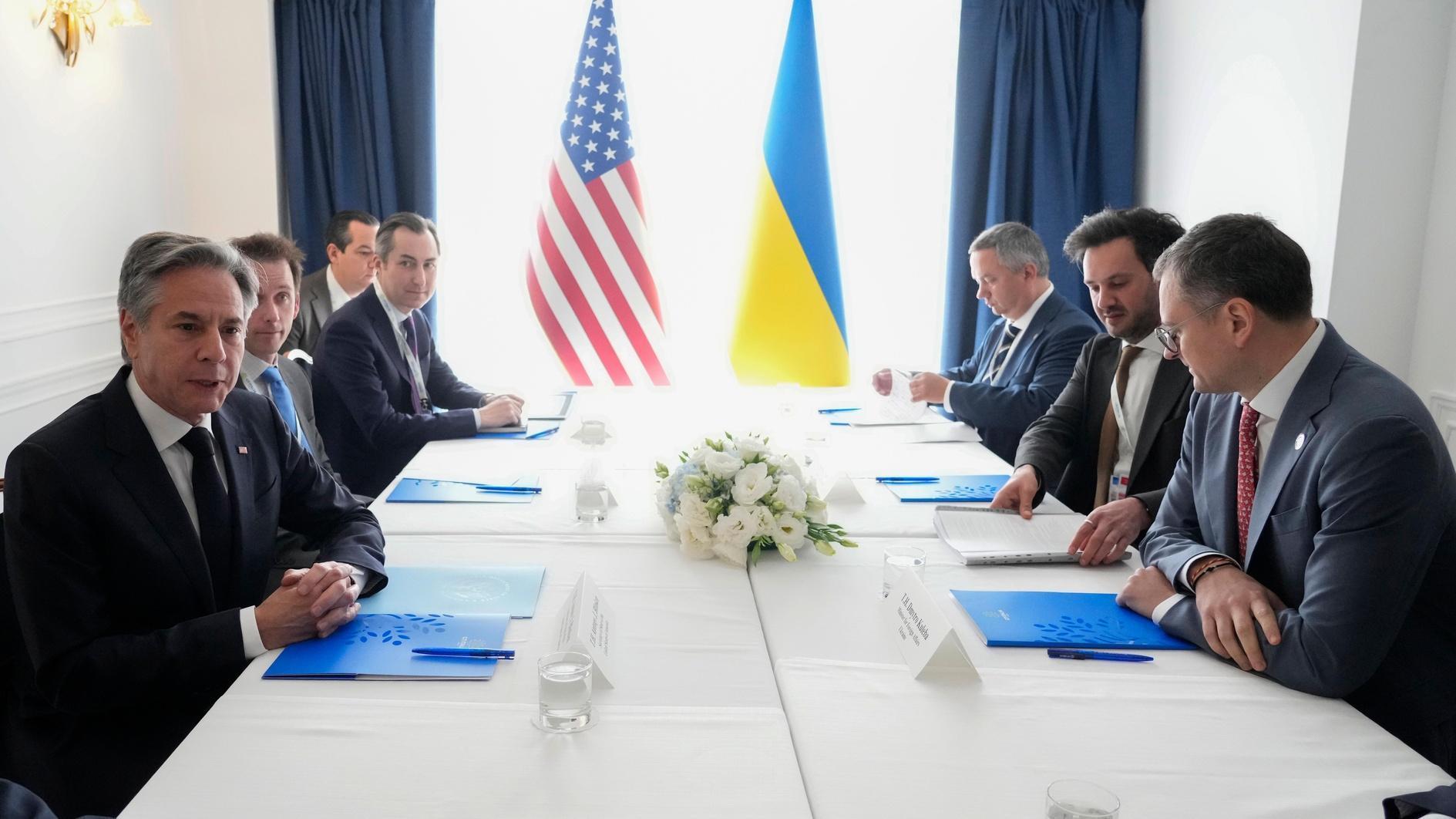It is OK when Arabs kill Arabs; not OK when Arabs kill Kurds
Turkey says, openly or by implication, the following about the Islamic State of Iraq and the Levant (ISIL): ISIL is certainly a threat to the world and to Turkey. But in truth it is a mosquito caused by a swamp. Instead of dealing with the mosquito, we need to dry out the swamp. If you kill one mosquito, another one will replace it so long as there is a swamp.
Operating from that point of view, Turkey has pursued a brinkmanship policy vis a vis Washington, making its contribution to the anti–ISIL coalition conditional on strengthening the anti–Assad coalition, and thus trying to force the U.S. and other Western players to act more resolutely on toppling the Damascus regime.
Regarding the Kurdish Democratic Union Party (PYD) in Syria, whose armed units are fighting ISIL, Turkey says the following, again openly or by implication: The PYD is the outlawed Kurdistan Workers’ Party’s (PKK) branch in Syria. The PKK is still considered a terrorist organization not only to Turkey but also to the United States and the European Union. Arming the PYD will mean arming the PKK. In addition, the PYD has been ambivalent on its position toward the regime in Damascus.
Turkey is also pursuing a brinkmanship policy vis a vis the PYD by making its facilitation of international support to Kobane, where the PYD is fighting, conditional on its commitment to join the anti–Assad coalition.
Has this policy worked, or is it working? Not really. The U.S. is bombing ISIL targets in Syria and it has also started dropping arms and ammunition for the PYD. This has happened despite Turkish president Recep Tayyip Erdoğan’s very recent statements saying that Washington should not expect Turkey to say yes to the U.S. arming the PYD. This is taking place despite the fact that Washington has not pledged to take definitive action to topple the al-Assad regime. All Turkey has been able to get in return is a pledge to arm and train the Free Syrian Army (FSA), and it remains to be seen the degree to which this pledge will be fulfilled. Turkey also confirmed yesterday that it has allowed (Iraqi) Kurdish peshmerga fighters to cross its borders to join Syrian Kurds.
All of this tells us that Turkey says one thing but is doing another, forced by realities on the ground.
But all of this does not tell us that Turkey is by definition a sympathizer of ISIL because it has an Islamic government. It does not tell us that because Turkey remains hostile to the PKK it will remain silent to the deaths of Syrian Kurds just because they are Kurds.
Turkey has indeed totally mismanaged this whole process; it has used rhetoric that angered its own population and it gave messages that helped fuel the perception that Turkey remains idle to the “massacres of Kurds.”
But the fact remains that the thousands of Syrian Kurds who have come to seek refuge in Turkey are being looked after.
And all of this does not change the fact that the world has also not taken serious action during a bloody three-year-long conflict that has left more than 200,000 people dead. Even the use of chemical weapons did not move the world, but there is a tremendous outcry for Kobane, whose existence was unknown to the rest of the world until just a few weeks ago.
It’s OK when Arabs kill Arabs; but it is not OK when Arabs decapitate three Westerners and start attacking Kurds.
That might sound like a gross over-exaggeration but this is how it looks from Turkey. The campaign that was triggered worldwide to force Turkey to fight ISIL by putting boots on the ground, while the rest of the world watched, has reached such an exaggerated point with criticisms and portrayals of ruthless Turks remaining silent to massacres of poor Kurds.
Again, all of this does not change the fact that Turkey is the one to blame for not prioritizing its policies, in the sense that tackling the ISIL threat is a priority even if this comes at the expense of arming the PYG. However, the West is also to blame for triggering a campaign that increases Turkey’s resentment, which eventually will lead to more mismanagement.











